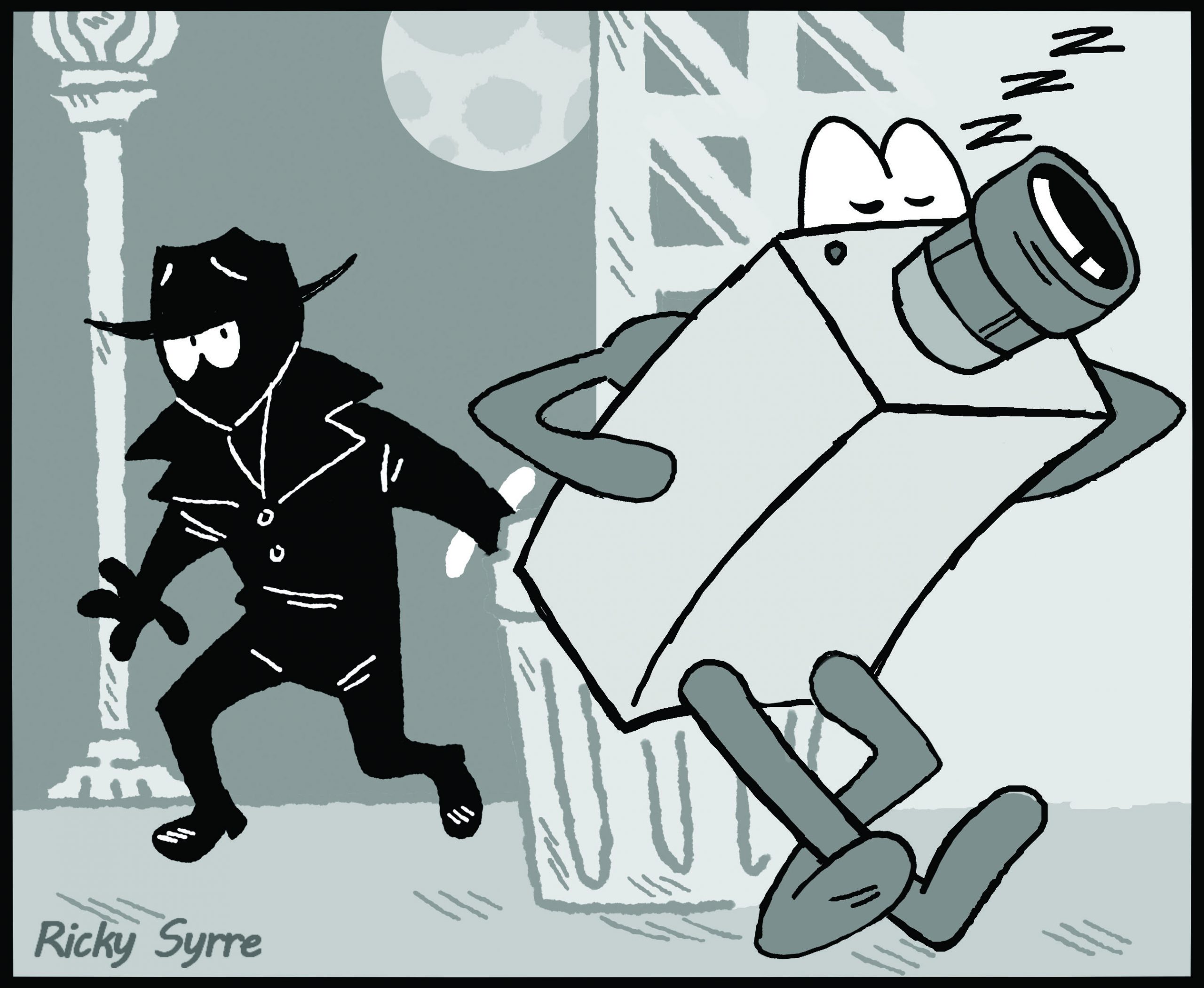Virtually every university in America requires student to submit to the agony of standardized tests in order to become a student at their school. The SAT, ACT, GMAT, LSAT, and MCAT are all tests that potential students need to pass in order to just be considered, and most often they must score in the high percentile to be considered a candidate.
In the state of Texas, high school students must pass the TAKS, Texas Assessment of Knowledge and Skills in order to graduate, regardless of their overall grades. Why would an assessment test take precedent over a student’s four years of commitment to achieve success through high grades? What kind of message does this send to our future leaders, makers, doers and shakers? Me thinks this pressure to do well on one single test could possibly lead to desperate students finding alternative methods to passing said test.
Recently a young man from Emery University was paid around $2,500 to take six high school student’s SAT tests for them. With good reason, he needed to pay his gym membership. Seven were arrested for participating in the cheating scheme. This is not the first incident of cheating, however. In 2009 news broke of widespread cheating in the city of Atlanta, Georgia. But this was not an issue of students doing the cheating. Of the 56 schools that were scrutinized, 44 were found to have cheated somewhere within their systems. The perpetrators of this cheating turned out to be principals and teachers themselves. A total of 178 were found to have altered tests, 88 confessed to the misdeeds and a half dozen or so pled the Fifth Amendment-a constitutional defense giving the accused the right to refuse to testify in court if such testimony could provide self-incriminating evidence against them.
The high number of erasures on a test is one of the first signs that cheating could be occurring. According to a story in the Washington Post, investigators also reported that there was a climate of “fear, intimidation and retaliation” in the school system, which put pressure on teachers and principals to meet specific standardized test score targets. That pressure, the report said, was the biggest factor in the cheating scandal.
The pressure to produce high test scores can result in teachers foregoing all else in the education process and lead them to concentrate on making students ready to pass one test. In the real world there is more than just one test. In the competitive work place, employees are tested daily. This sounds a ot like being graded over a long scale as opposed to just one test. Their ability to succeed is something that takes a well-rounded education. Unfortunately, schools around the country focus so much time and effort into getting students to pass these tests that those students are often exposed to not much else. What sort of atmosphere is this encouraging? Creativity is most often stifled in order to focus on “test” preparation. Students are forced to forego the experience of having some substance to their learning, something not covered in mandatory testing.
As for students who get caught cheating on college preparatory exams such as the SAT or the ACT, the consequences vary. According to the College Board, which owns the SAT and ACT, students who are caught cheating are given several options including retaking the SAT or ACT free of charge along with a written explanation of how their scores were increased, and cancellation of their former scores. This is not considered as an admission of guilt.
So where does the future of standardized testing lead? W. James Popham, author of The Truth About Testing: An Educator’s Call to Action and America’s Failing Schools says the following about the future of standardized testing, “Standardized tests have much in common with French fries. Both of them differ in composition as well as quality. French fries are available in numerous incarnations, including straight, curly, skins-on, skins-off, and, in recent years, with sweet potatoes. Regarding quality, of course, the taste of French fries can range substantially – from sublime to soggy. It’s really the same with standardized tests. Certain standardized tests (called achievement tests) are intended to show us what skills or knowledge students have mastered. Other standardized tests (called aptitude tests) are designed to predict how well test-takers will perform in future settings, such as when they get to college. Thus, if we’re asked whether there should be more or fewer standardized tests in our school system, the only defensible answer is, “It depends.” It depends on whether the right kinds of tests are being used and whether those tests are good ones. Given the kinds and caliber of the standardized tests currently being used in our schools, I come down on the “less” side of the argument. But that’s chiefly because the wrong sorts of standardized tests are frequently being used.”
It is bad enough that test takers are put under so much pressure to perform well, but even teachers are forced to organize their entire curriculum to encompass nothing but test material. It’s no wonder these test are often viewed as a waste of everyone’s time. The true test is whether all of these tests are worth the effort at all.





